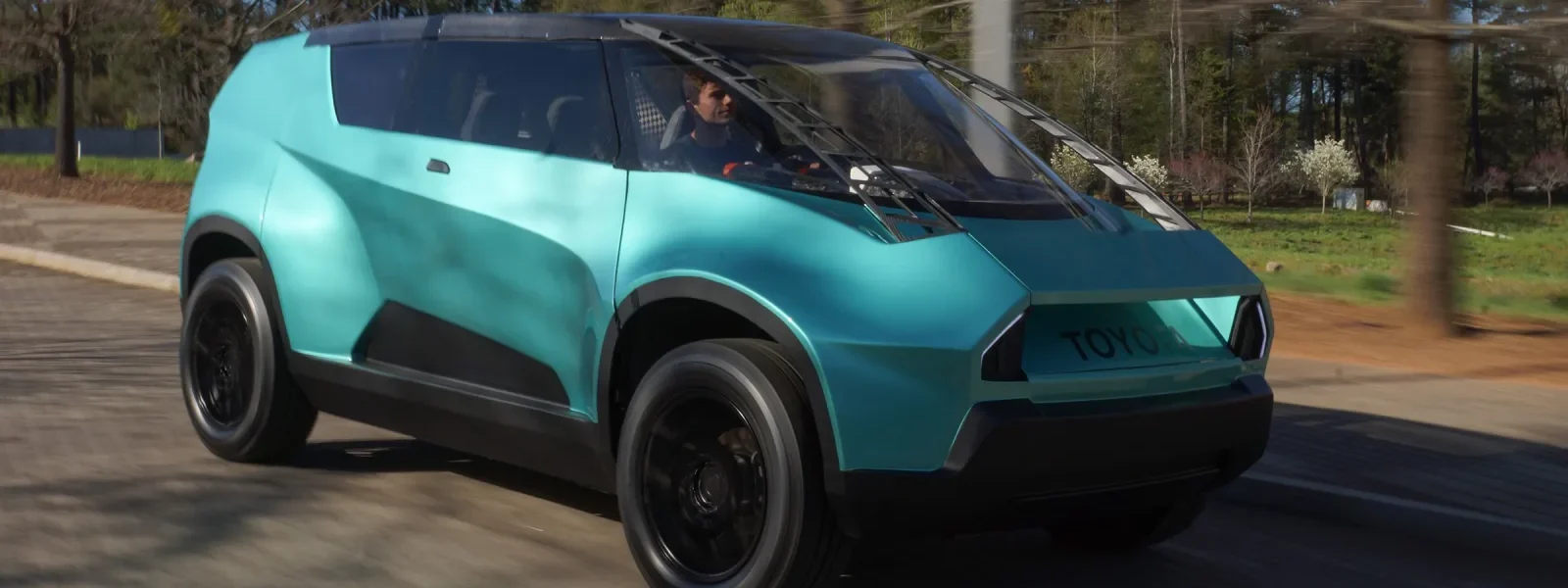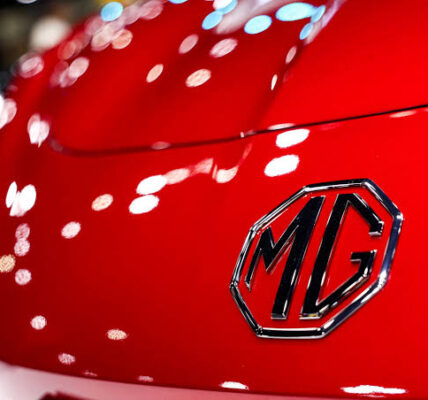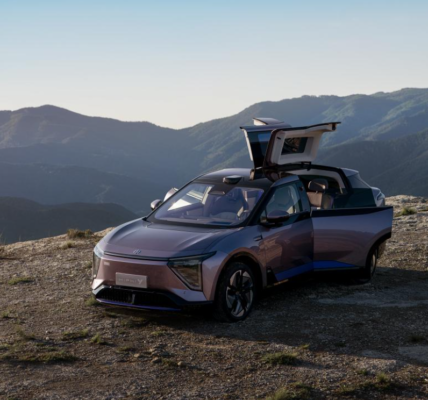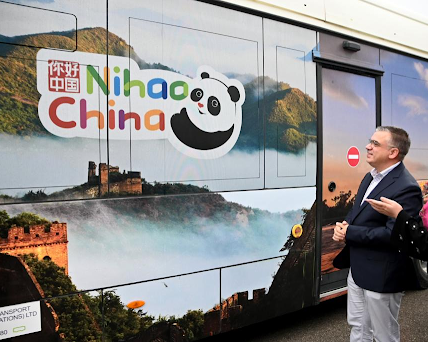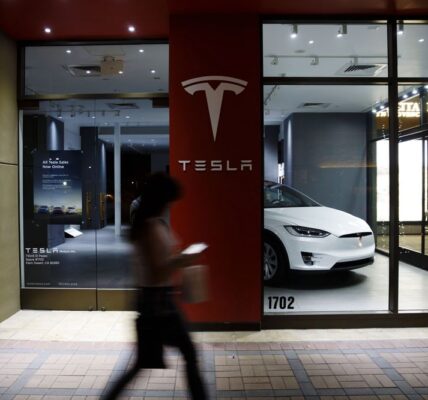Toyota Motor Corp., playing catch-up in the fast-expanding market of electric vehicles, said it plans to roll out a next-generation car fueled by a solid-state battery as early as 2027 that has double the range of conventional models.
Its new EV is expected to be able to travel about 1,200 kilometers on a single charge, roughly double the distance of the bZ4X, Toyota’s first mass-production electric vehicle released last year, company officials said.
The automaker aims to reduce the time required for quick charging the vehicle to less than 10 minutes, down from a maximum of 30 minutes at present.
The new EV is expected to hit the road in 2027 or 2028, the officials said.
The solid-state battery uses solid electrolytes instead of liquid ones that feature in a conventional lithium-ion battery.
In addition to its higher energy density that leads to an extended range, the solid-state battery is safer than the lithium-ion battery, which can catch fire if electrolytes leak.
Toyota previously said it will mount a solid-state battery on gas-electric hybrid vehicles, a type of vehicle in which the company excels, in the early 2020s.
But the automaker changed its strategy due to the solid-state battery’s characteristics, said Hiroki Nakajima, Toyota’s executive vice president and chief technology officer, citing the speed of quick-charging and ease of use.
Toyota’s competitors are also fiercely working on the next-generation technology.
Nissan Motor Co., for example, aims to start sales of an electric model powered by a solid-state battery in fiscal 2028.
Toyota sold a meager 20,000 EVs worldwide in 2022, placing itself 28th in an increasingly competitive market, according to research by the company MarkLines Co.
The company, the global industry leader in new vehicle sales, trails players such as Tesla Inc. of the United States and China’s BYD Co.
In April, Toyota announced plans to introduce 10 new electric models by 2026 and increase annual electric vehicle sales to 1.5 million units worldwide.
The automaker is developing three types of lithium-ion batteries with different price and performance levels, with the aim of extending the range by about 20-100 percent compared with the bZ4X and also cutting the price by 20-40 percent.


